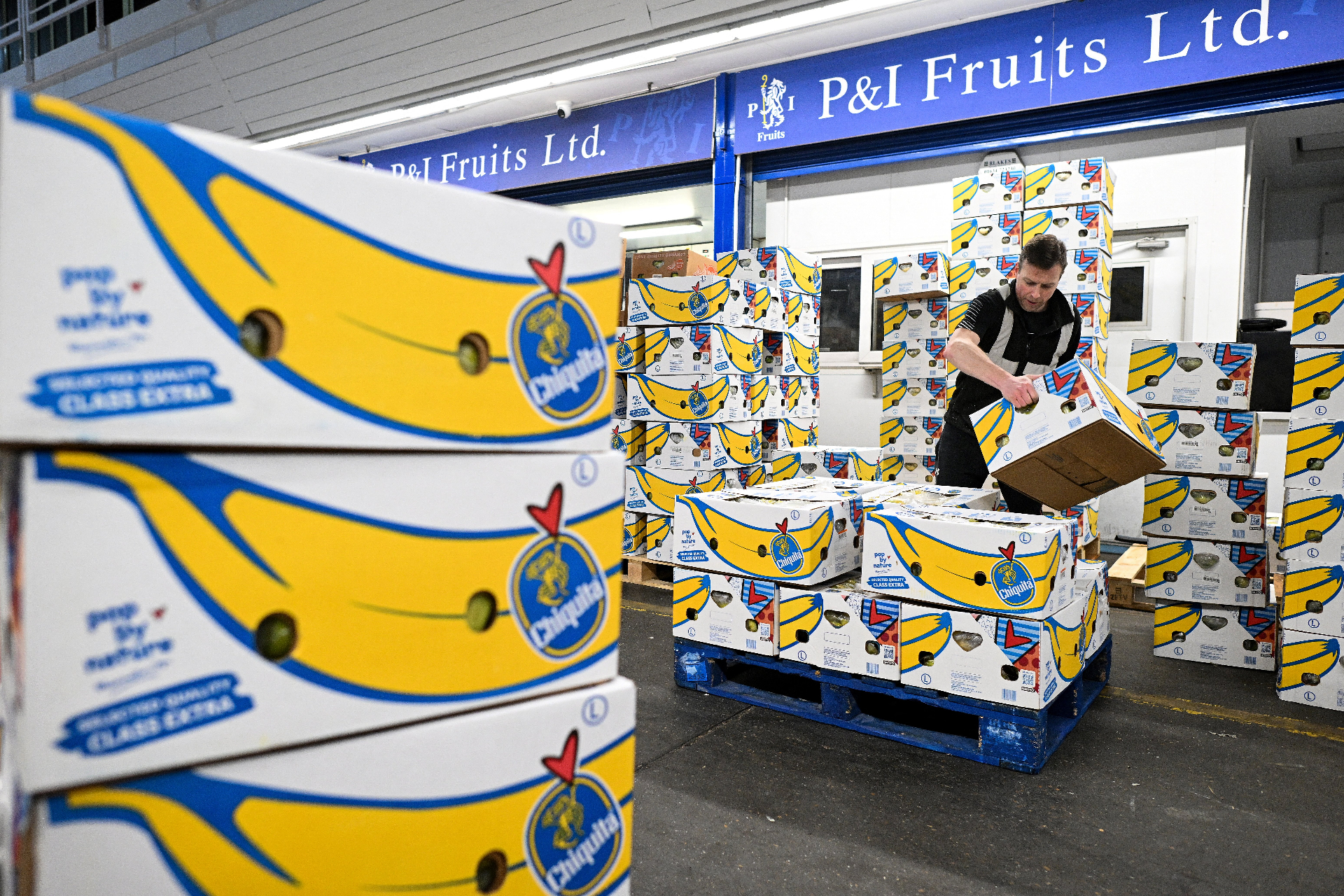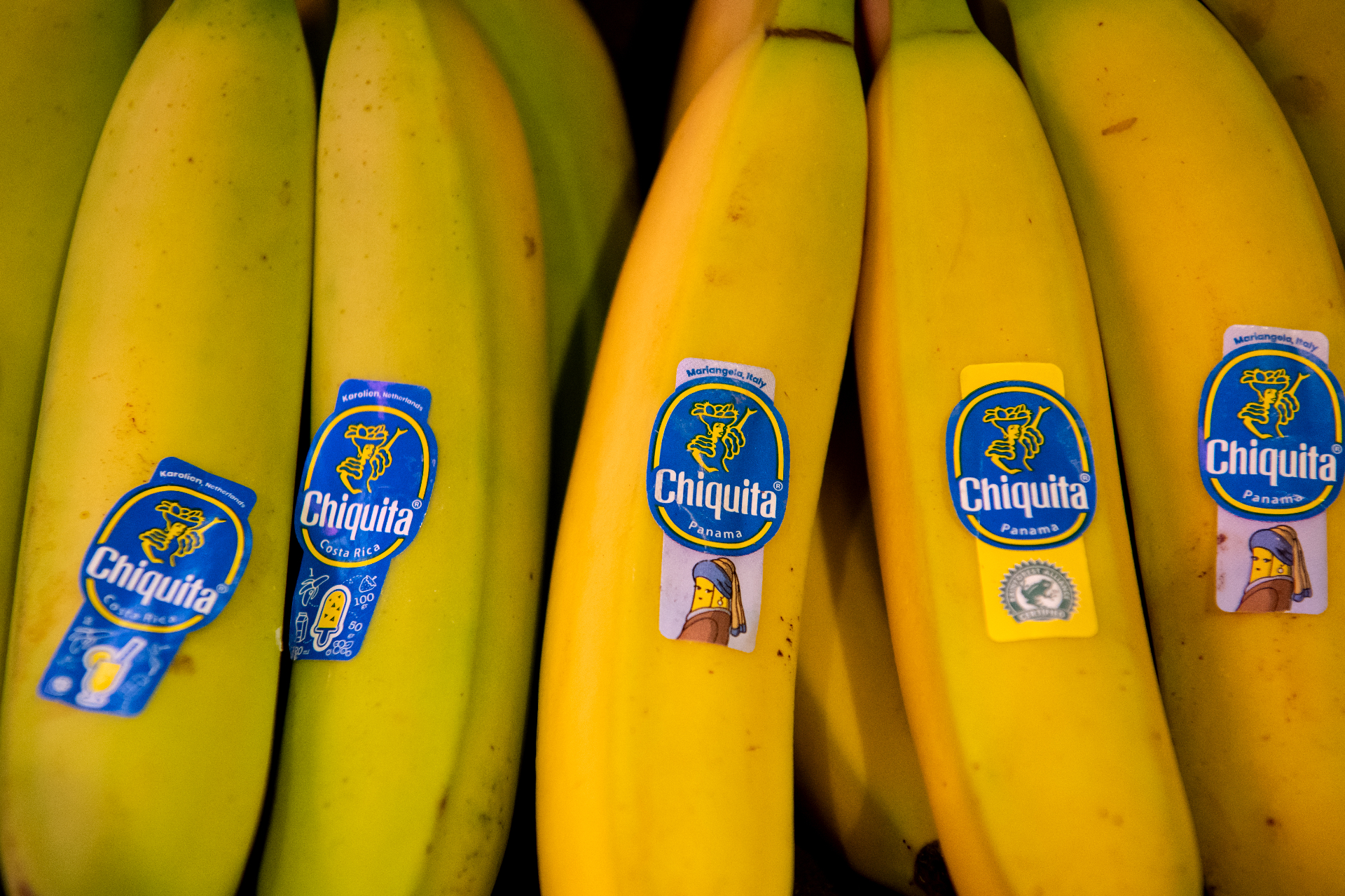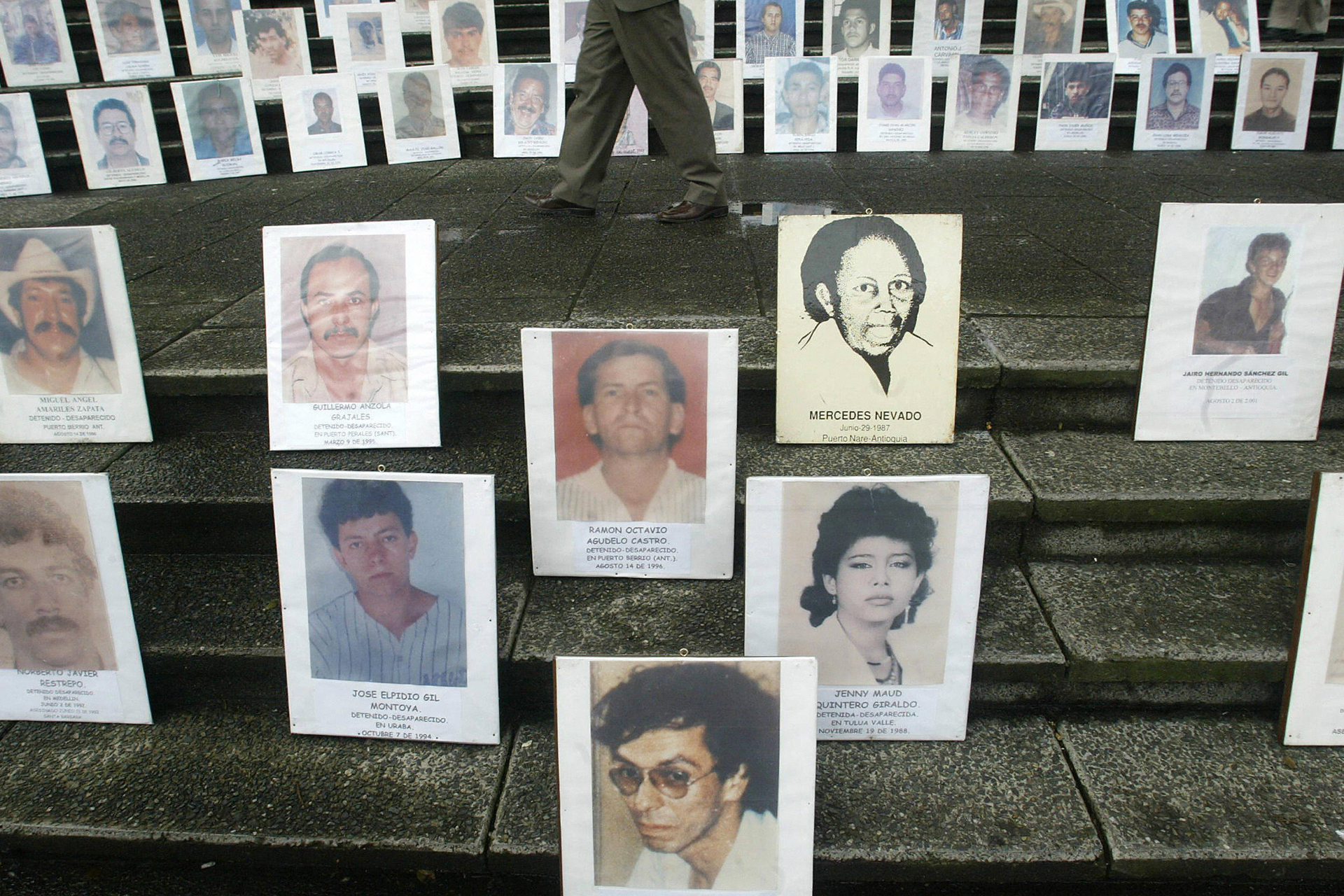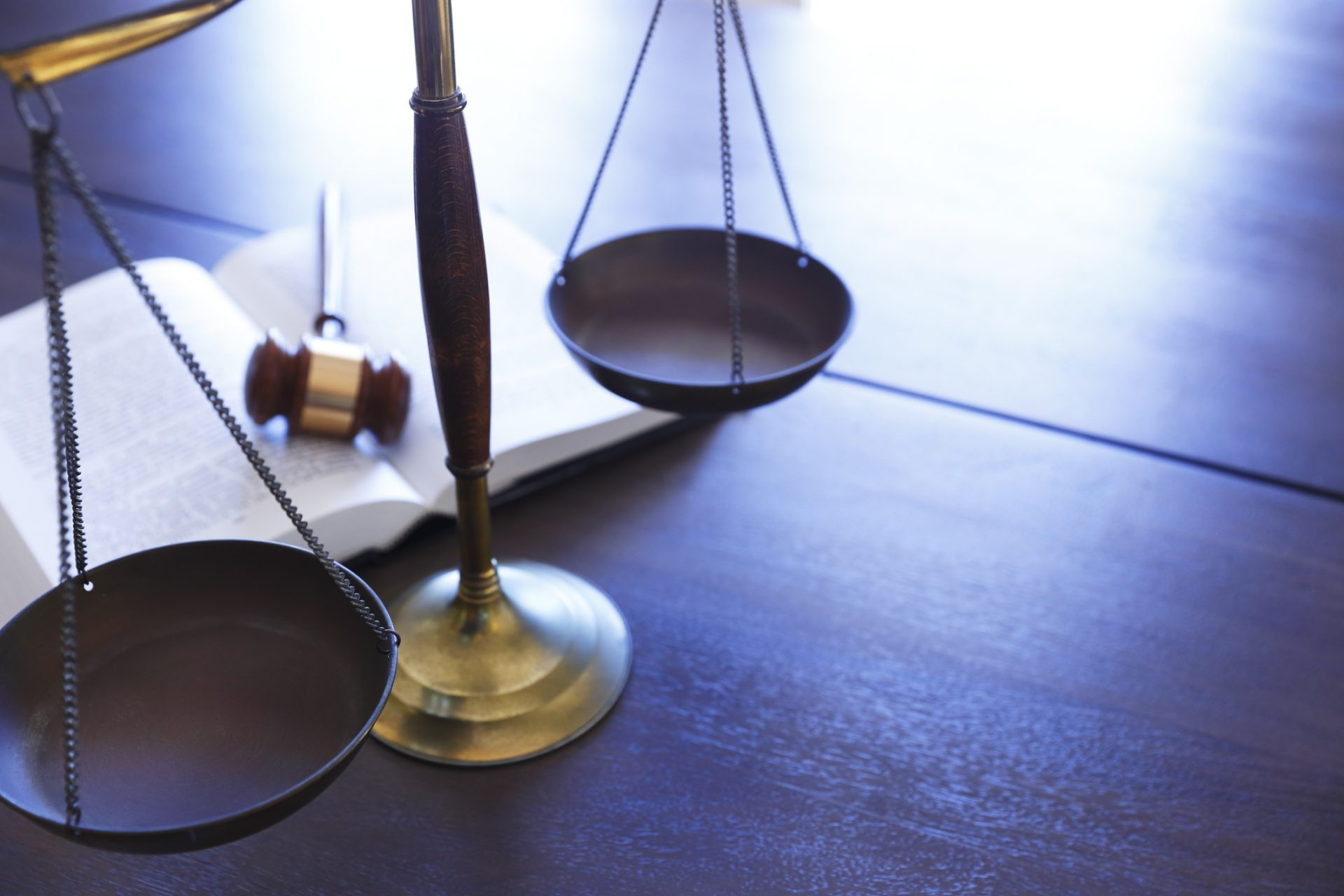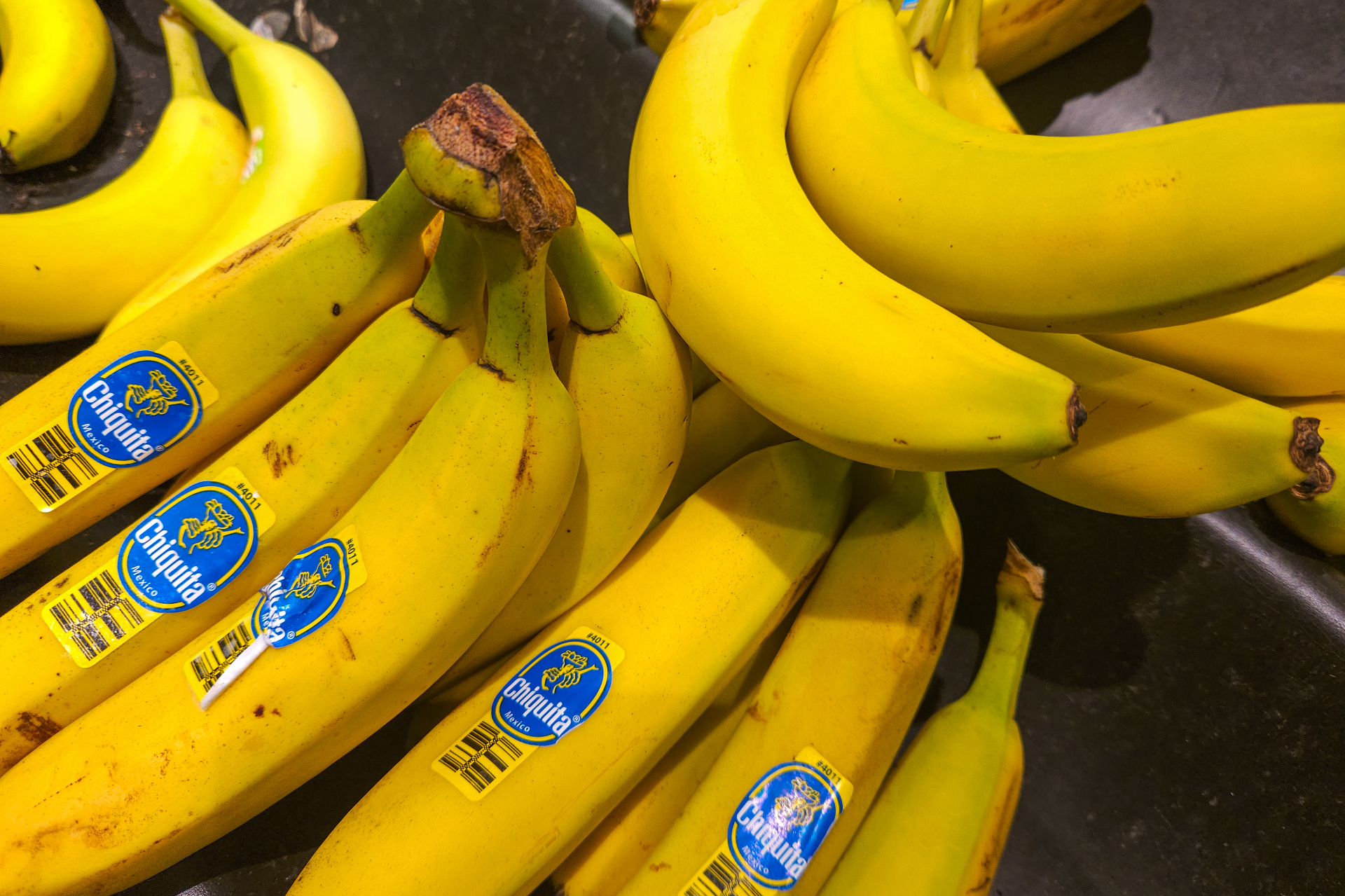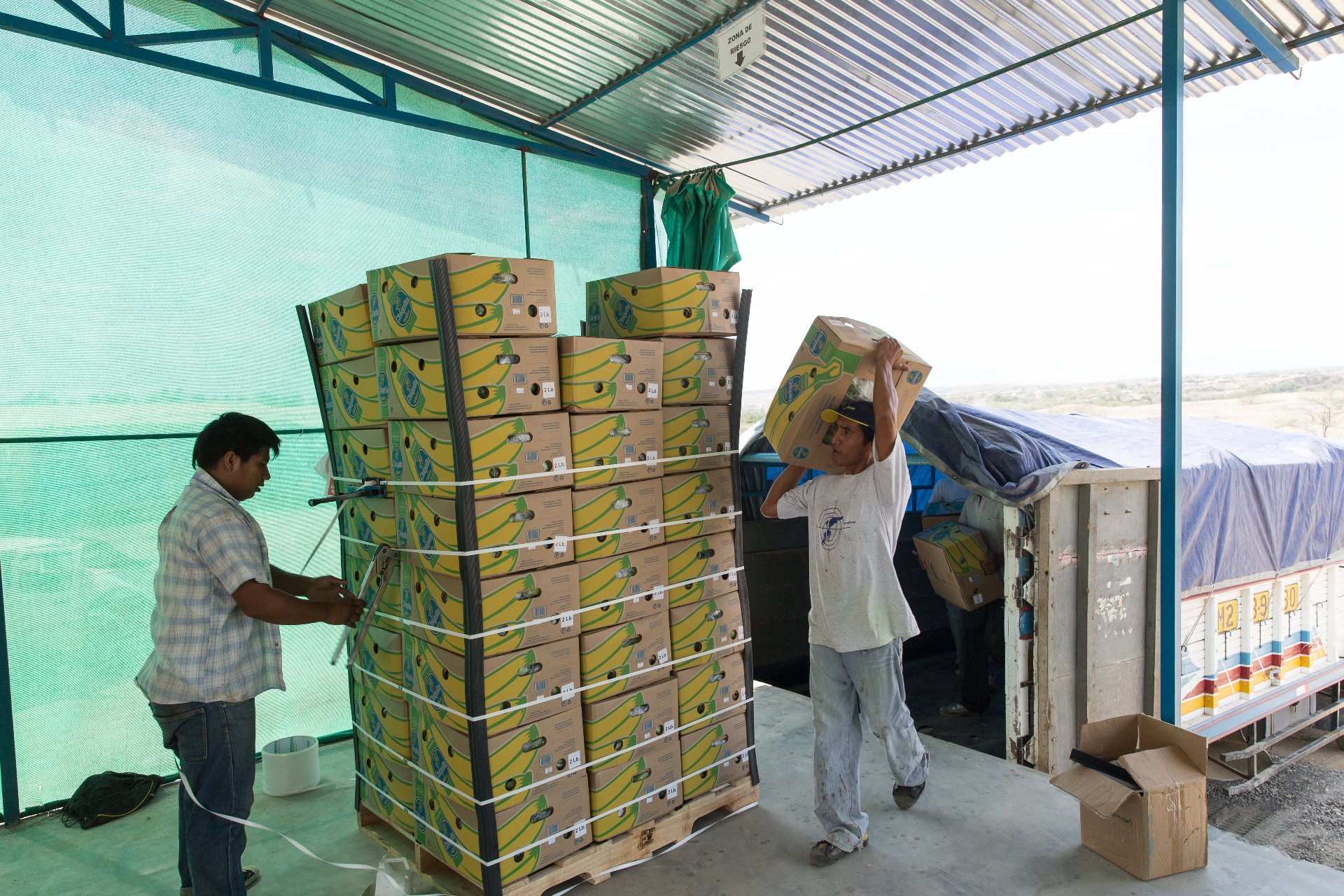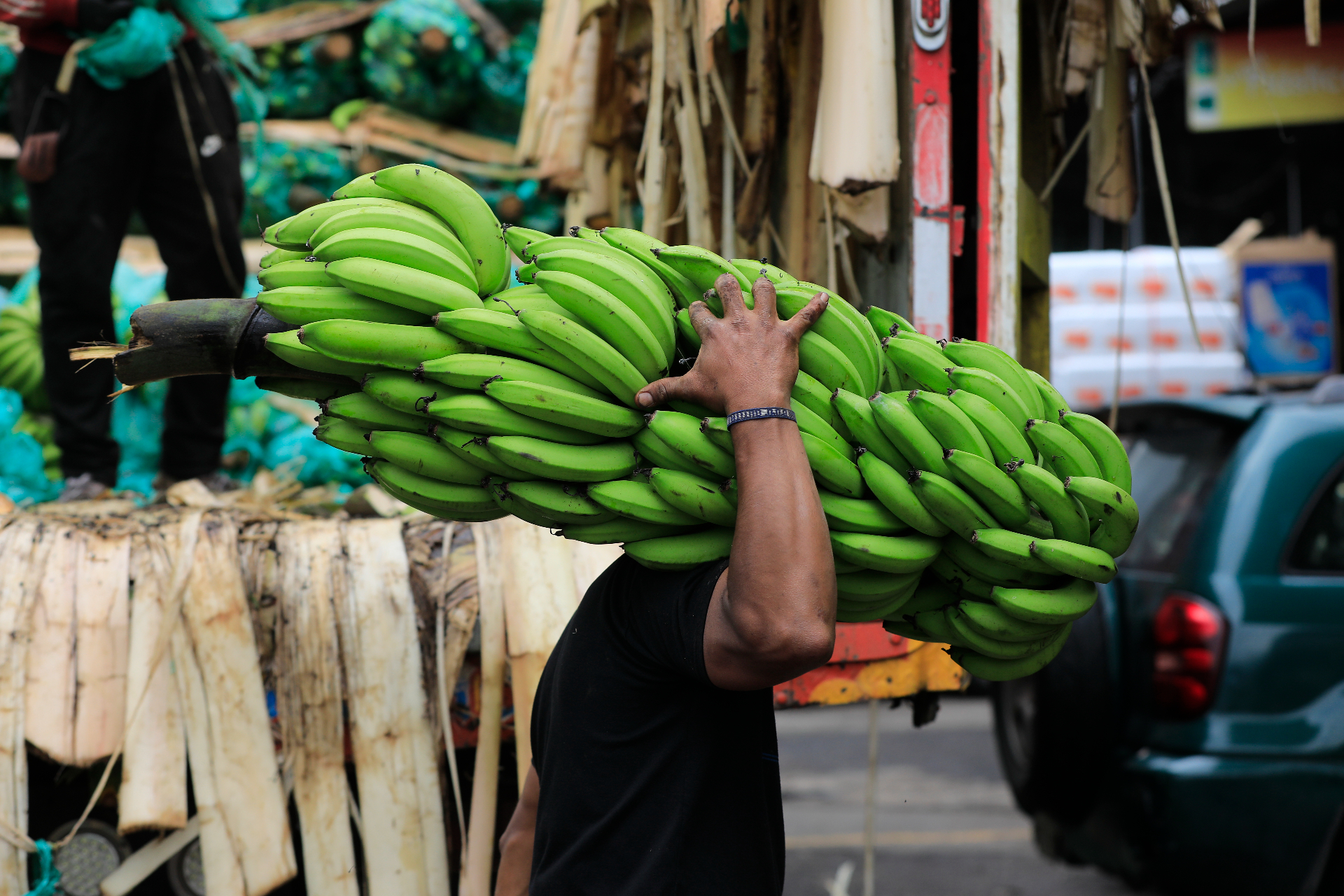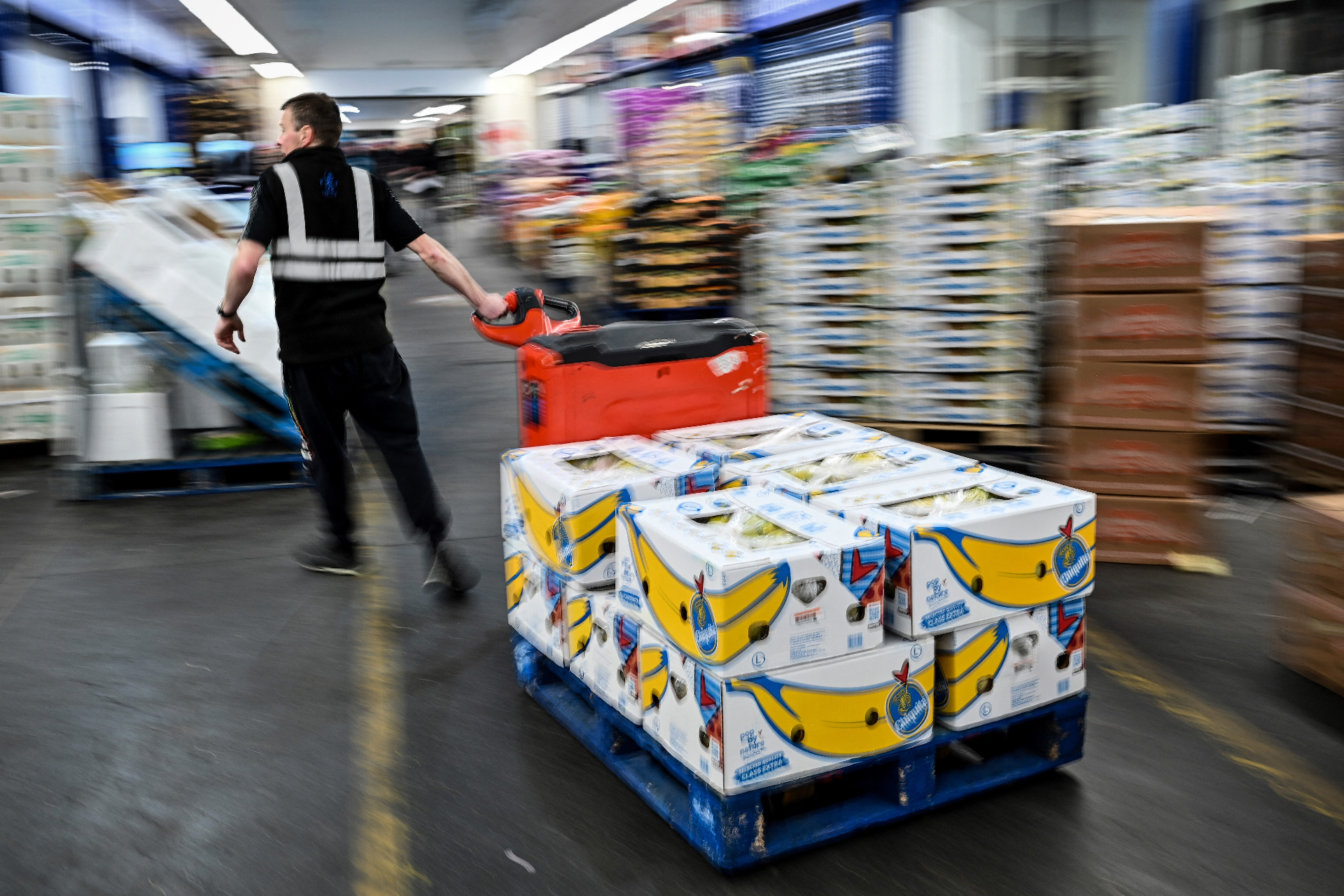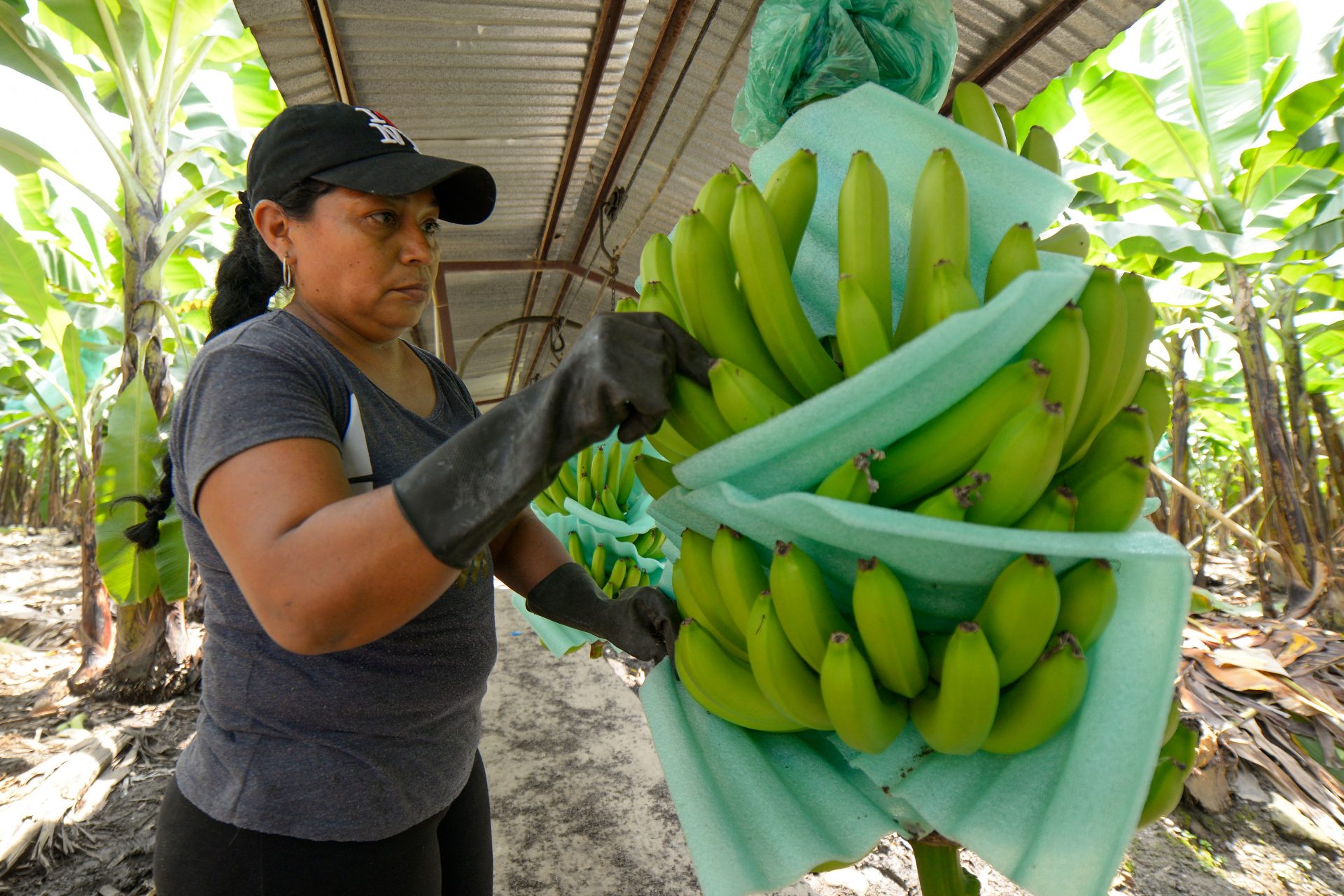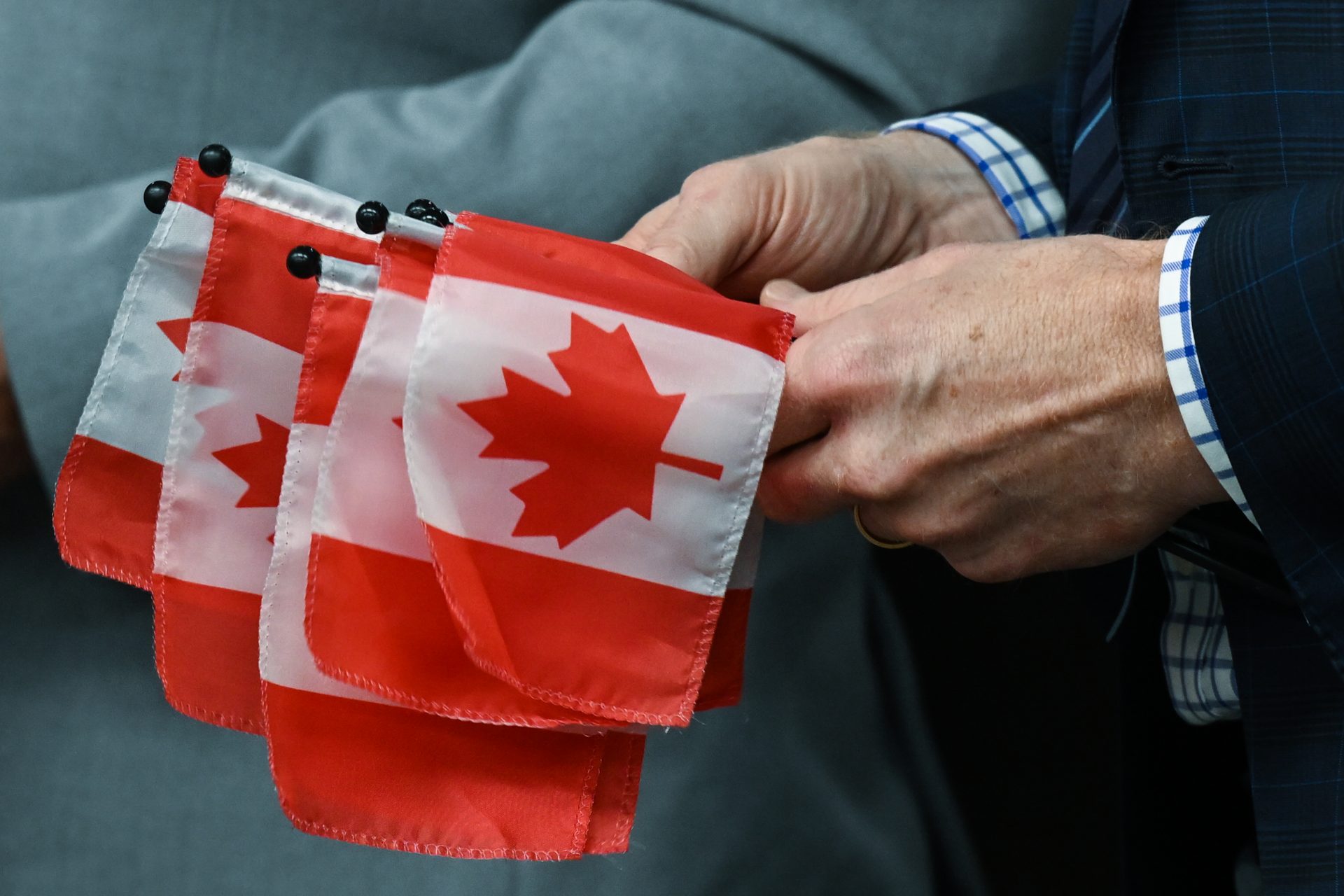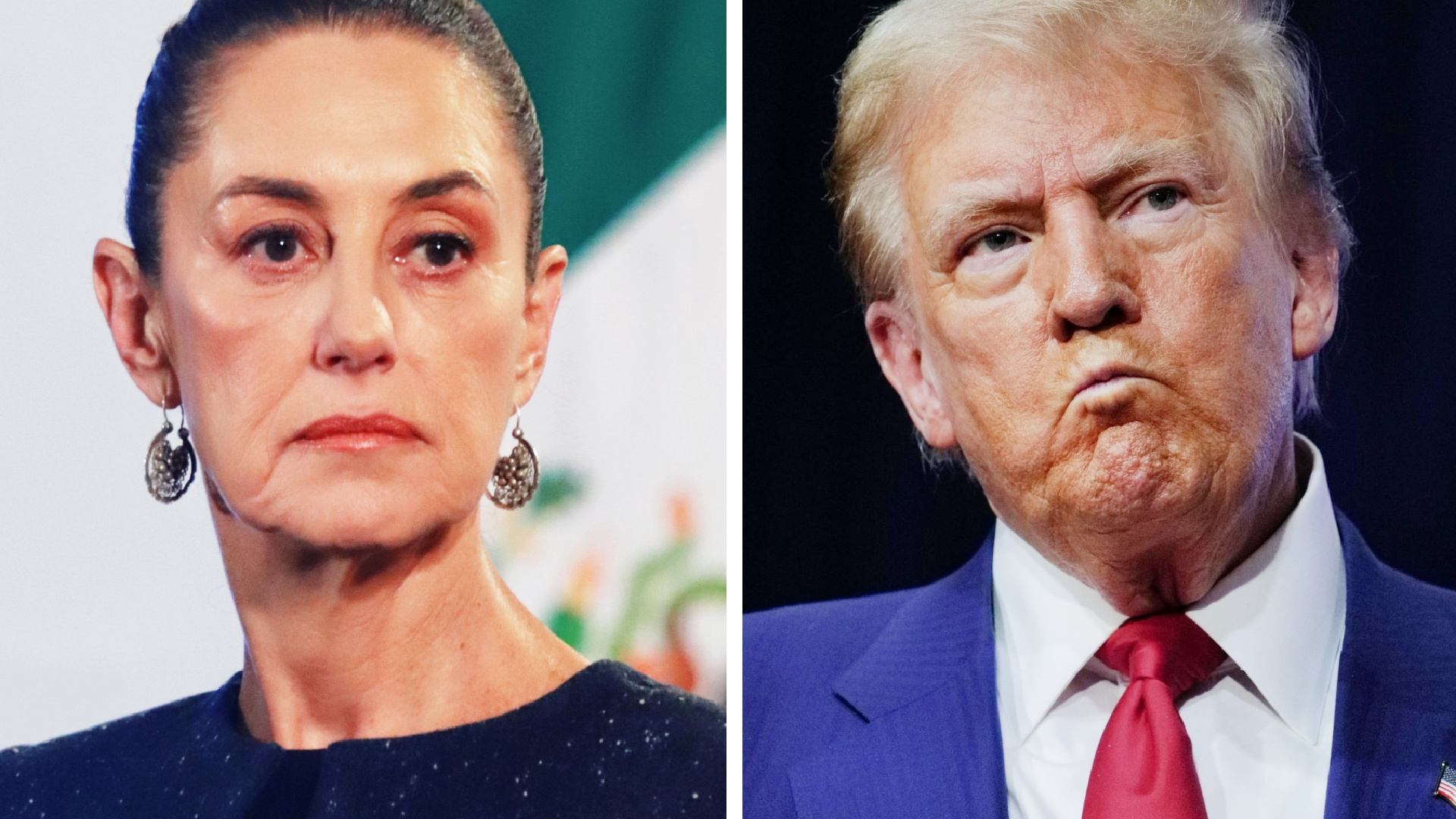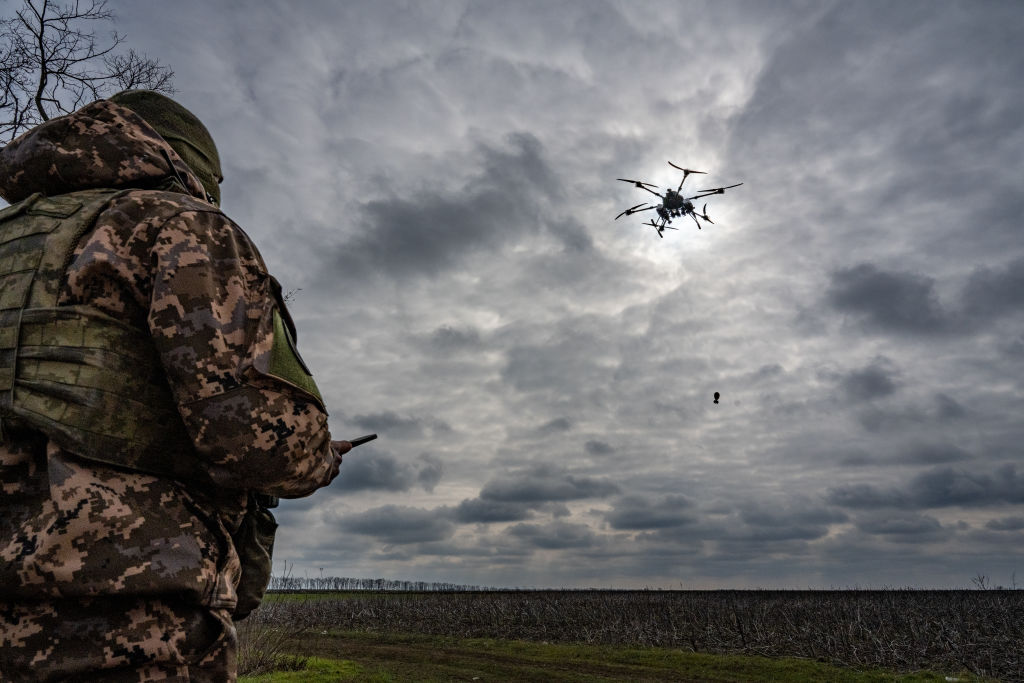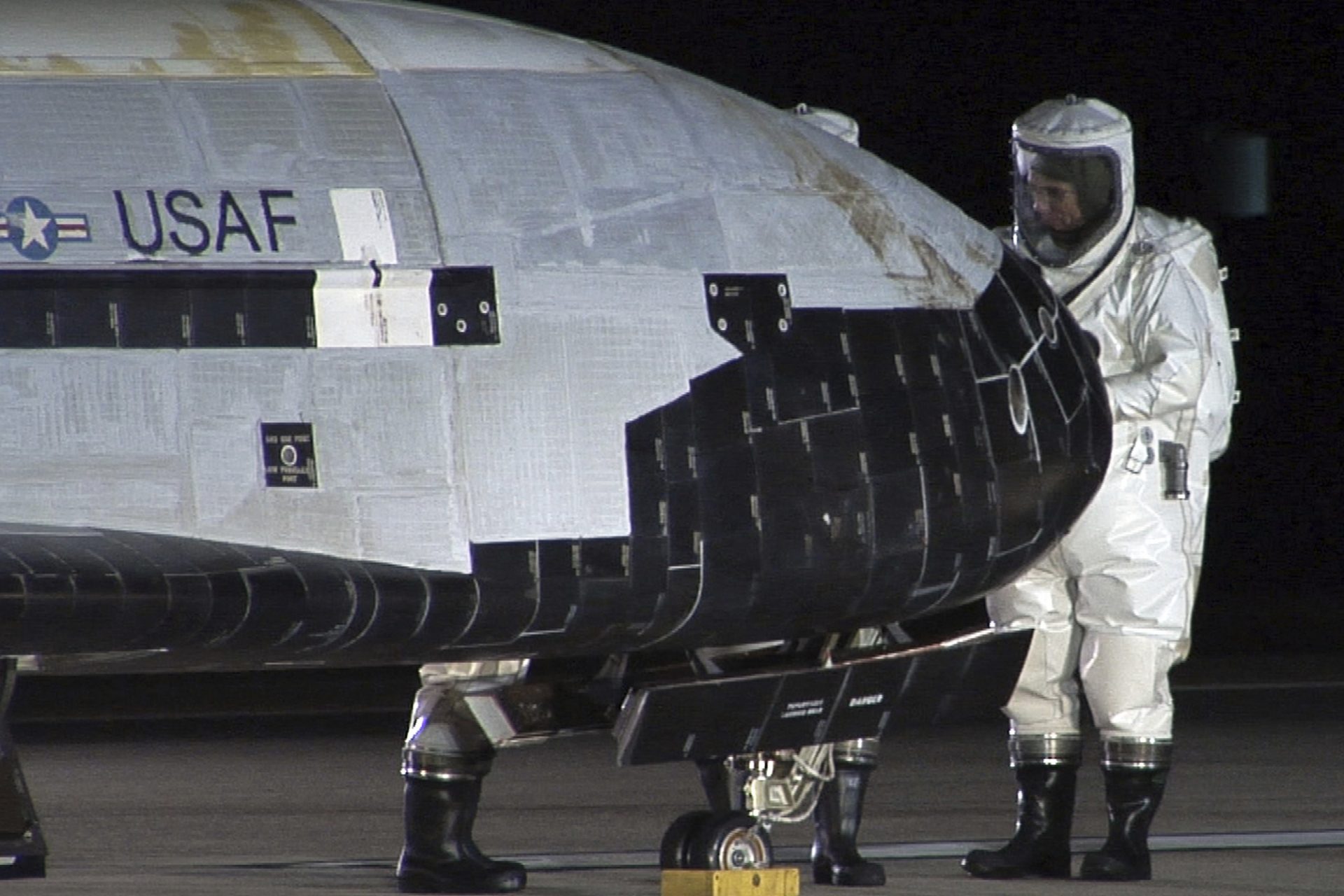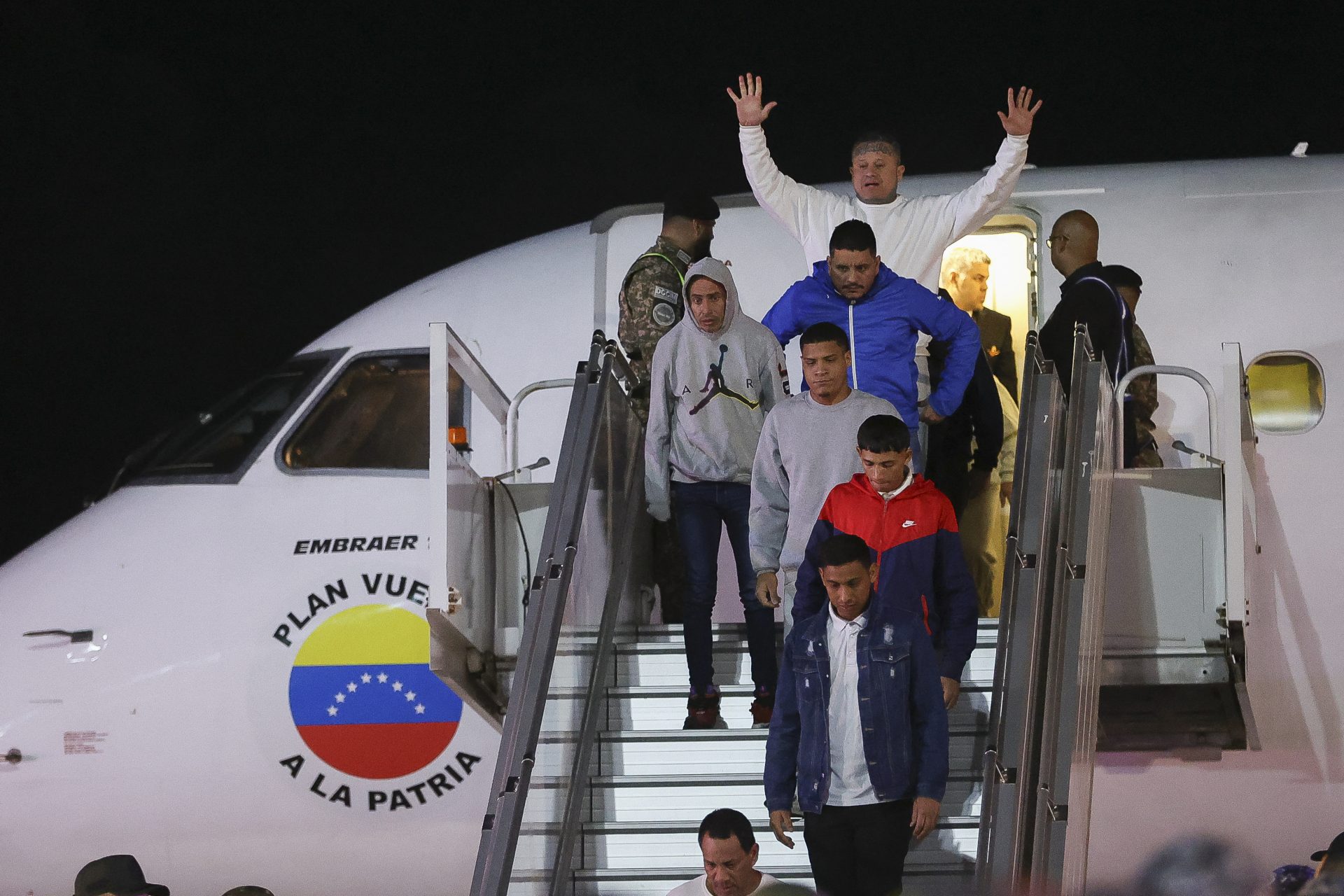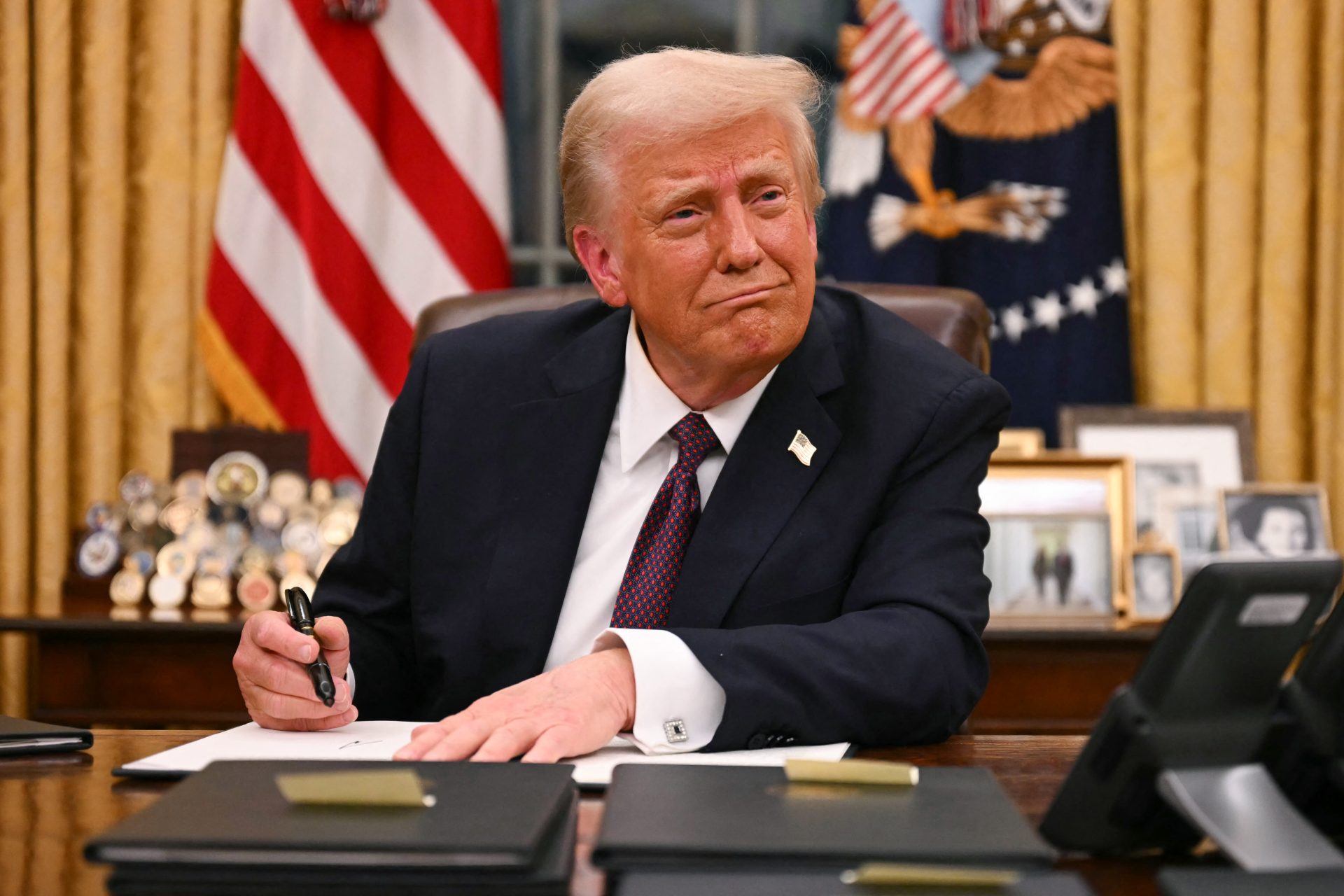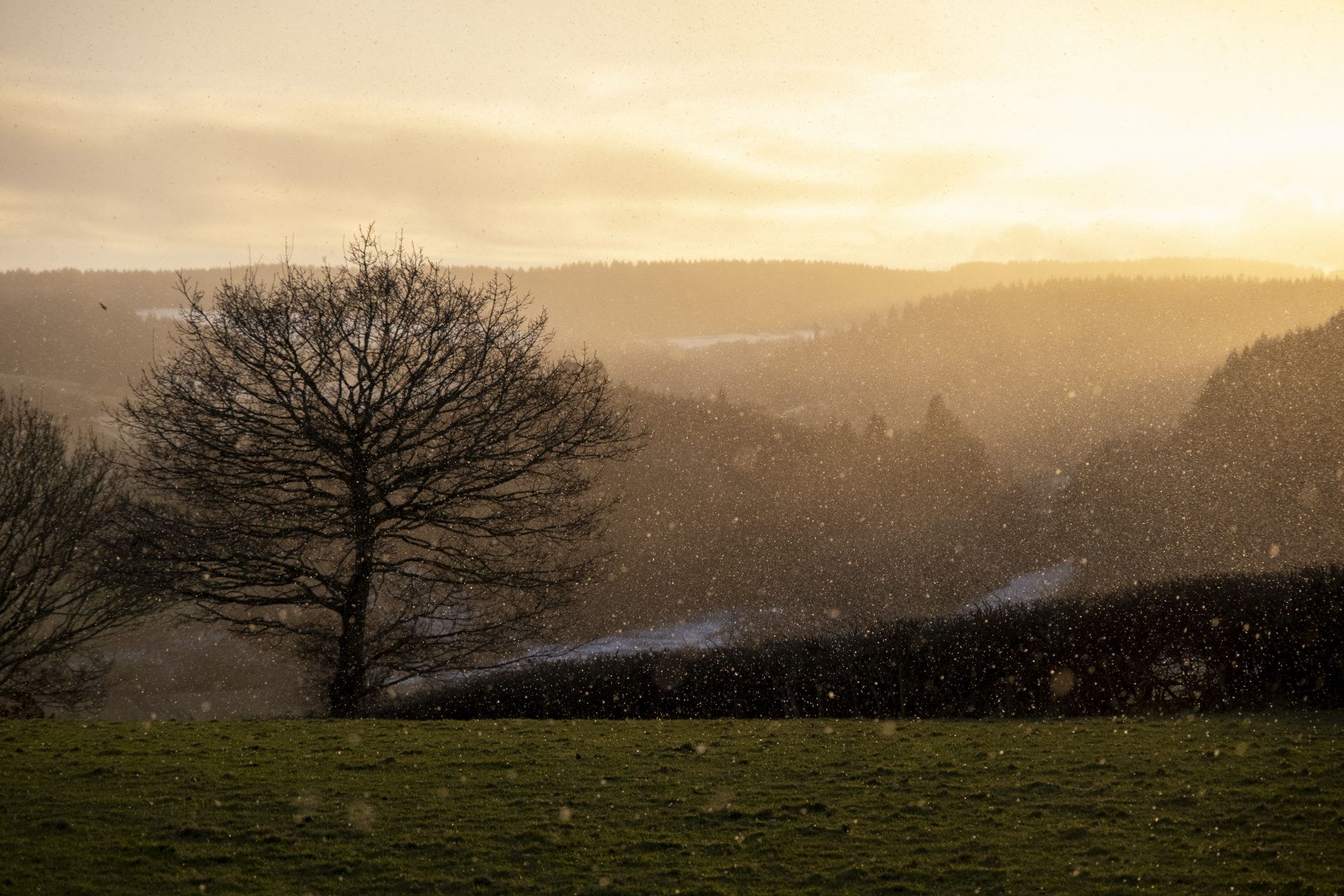US court found this American company liable for its shady actions in South America
A South Florida jury found the American banana company Chiquita Brands International liable for the deaths of civilians by a terrorist group it financed in Colombia.
According to CNN, the jury decided the company must pay $38.8 million to 16 family members of eight victims of the United Self-Defense Forces, a far-right paramilitary group.
In a statement collected by CNN, the families' lawyers celebrated the decision. They said it sends a message about multinational companies being held accountable when they put profits over lives.
According to legal experts cited by The New York Times, the verdict was rare. It is not common for companies to be held responsible for the victims in conflict zones where they operate.
Photo: Wesley Tingey / Unsplash
The court's decisions set a precedent that might affect hundreds of legal cases Chiquita faces in the US for the same issue. The company appealed, but it is also facing similar cases in Colombia.
The legal battles started because of another precedent set by a different case brought by the Department of Justice. Chiquita Brands International reached a plea deal.
According to The New York Times, in 2007, the company admitted bankrolling the group, which the US added to the list of foreign terrorist organizations in 2001.
Chiquita gave the terrorist group about $1.7 million between 1997 and 2004. The terrorist organization started in 1997 and operated until 2006.
In the new trial, the company said it paid the terrorist group because of extortion made in a violent context. The paramilitary group acted during Colombia's 50-year internal armed conflict.
However, the plaintiffs claim Chiquita benefited from the violence of the group, which killed and threatened farmers in the region where the company operated, allowing it to buy land at depressed values.
Historians and other experts have concluded that these operations to reduce production costs have been a central part of the company's business model since its foundation in the XIX century.
Chiquita Brands International is a rebranding of the United Fruit Company, known to have exploited workers and influence politics in Central and South America for most of the 20th century.
Dan Koeppel wrote a book about how bananas took over the US market and told NPR that United Fruit was responsible for introducing tropical fruit in every American home.
At the same time, according to an investigation by NPR, the company kept workers in South and Central America in poor conditions, living inside the plantations. They were paid in a "currency" that was only good for company stores.
According to The New York Times, in his book about the history of United Fruit, author Peter Chapman cited an episode in which the company and the US and Colombian governments conspired to massacre thousands of striking workers.
Historians have also uncovered the role of the company in other CIA and US government operations in Central and South America, including more than one regime change in Guatemala.
"United Fruit had possibly launched more exercises in 'regime change' on the banana's behalf than had even been carried out in the name of oil," Chapman wrote, according to The New York Times.
More for you
Top Stories



